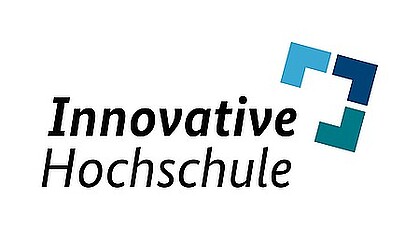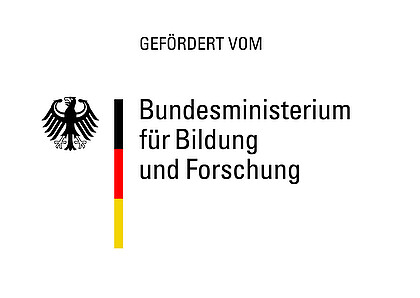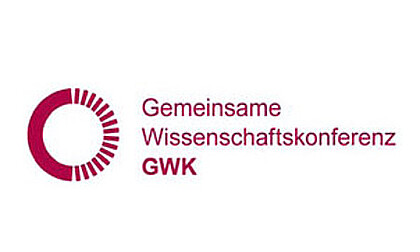Needs, potential and software solutions for municipal heat planning were discussed at an online event in March.

The online event "Municipal heat planning - needs, potentials and software solutions for municipal heat planning" jointly organized by the Zittau/Görlitz University of Applied Sciences and the Saxon Energy Agency SAENA GmbH in spring this year was well attended with almost 100 participants and, like the first event in October 2023, was very well received by those interested. The online event was repeatedly organized and held as part of the Saxony5 transfer project.
The group of participants consisted of representatives of Saxony-wide municipalities, energy suppliers, planning offices, research institutions and business development agencies as well as providers of established software solutions for municipal heat planning.
Prof. Matthias Kunick (Chair of "Energy System Technology") from the Zittau/Görlitz University of Applied Sciences welcomed the guests as sub-project manager for the "Energy" transfer field in the Saxony5 joint project and introduced the topic of municipal heat planning and the identified focal points "Needs and Potentials".
Mr. Uwe Kluge from the Saxon Energy Agency SAENA GmbH was the first speaker to pick up the thread in his presentation on the "Framework conditions for recording demand and potential", specifying which data is required on the demand side and available on the potential side, and then came to the technical feasibility and limits in currently existing energy systems - in particular the distribution grids at medium and low-voltage level. The quintessence of his presentation was that the Heat Planning Act and the Building Energy Act must be transposed into state ordinances in order to enable the necessary data collection and processing.
Mr. Kluge was joined by Ms. Antje Fritzsche from the Saxon Energy Agency SAENA GmbH as a speaker, who presented SAENA's "Municipal Heat Planning" service point. She introduced the participants to support services and in particular pointed out information material and tools available online.
SAENA's tandem contribution was followed by a joint presentation by Martin Herling and Jonas Pfeiffer from the Zittau/Görlitz University of Applied Sciences, who gave the participants an "overview of open source data and tools for creating neighborhood concepts". The speakers made it clear that the focus of their work on their own software tool is on the combination of renewable energies for the most economical and reliable heat supply possible, but that not only the supplier side but also refurbishment measures on buildings and possible subsidies are considered. They want to derive and make recommendations for future action from the economic feasibility study of various options. As a project member of the Saxony5 joint project, Mr. Herling drew attention to the Celsiuz transfer laboratory at the university as a degree of the presentation. He motivated the participants to use the (interactive) transfer space for constructive work on the complex topic of "municipal heat planning".
The contributions from SAENA and Zittau/Görlitz University of Applied Sciences were followed by three one-hour blocks from three providers on software solutions for municipal heat planning. The companies ENEKA - Energie & Karten GmbH, greenventory GmbH and enersis Europe GmbH presented themselves and their software tools one after the other (sometimes live) and provided practical experience reports on an example municipality. This gave the participants initial insights into the respective data basis and algorithms, the handling and presentation of results, the expected accuracy of the tools and the reusability and licensing options.
The conclusion of the event was that the success of municipal heat planning depends on three important factors:
All speakers were also available to participants in break-out rooms during the event for personal contact and further detailed questions.
We would like to thank all the speakers for their extraordinary commitment and the participants for their great interest in the event.
Offer of the working group on regenerative heat supply at the Faculty of Mechanical Engineering and the Institute of Process Engineering, Process Automation and Metrology (IPM) - use of data and tools in an interactive setting:



